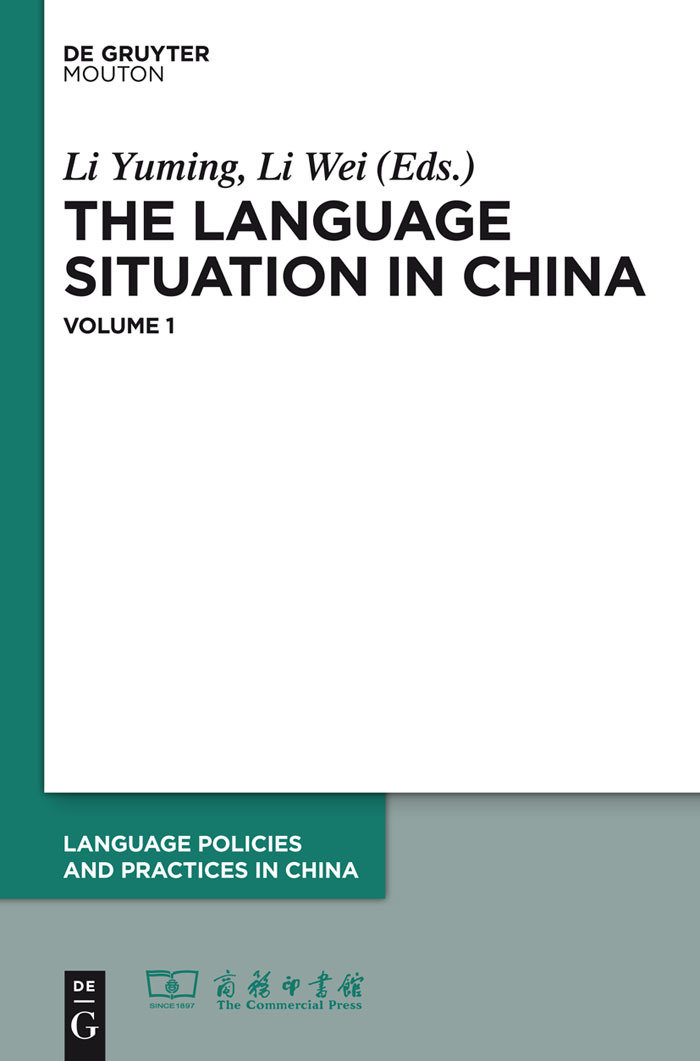China, with the world's largest population, numerous ethnic groups and vast geographical space, is also rich in languages. Since 2006, China's State Language Commission has been publishing annual reports on what is called "language life" in China. These reports cover language policy and planning invitatives at the national, provincial and local levels, new trends in language use in a variety of social domains, and major events concerning languages in mainland China, Hong Kong, Macau and Taiwan. Now for the first time, these reports are available in English for anyone interested in Chinese language and linguistics, China's languge, education and social policies, as well as everyday language use among the ordinary people in China. The invaluable data contained in these reports provide an essential reference to researchers, professionals, policy makers, and China watchers.


